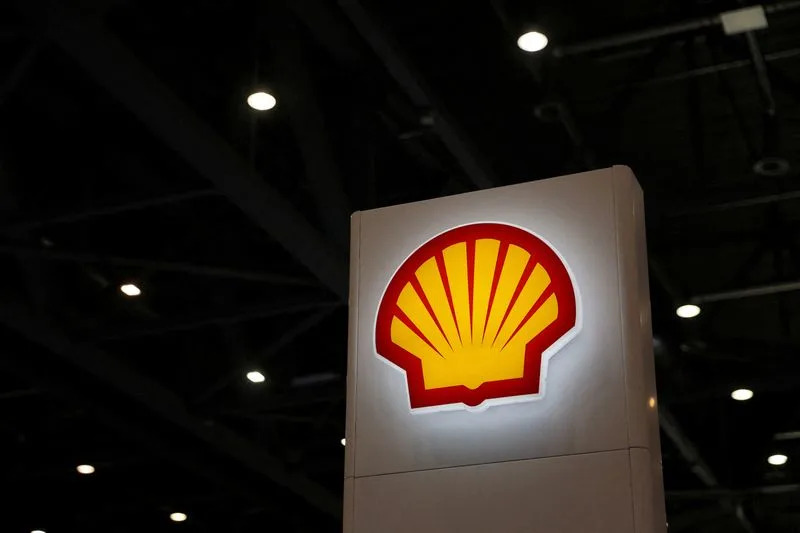LONDON (Reuters) – Shell has adjusted its liquefied natural gas (LNG) production outlook for the fourth quarter downward to 6.8-7.2 million metric tons, citing lower feedgas deliveries and fewer cargo deliveries as the main factors. The British energy giant also revealed that trading results in its chemicals and oil products division would be significantly lower than in the previous three months due to weaker seasonal demand. Shell’s liquefied natural gas trading results are expected to be considerably lower compared to the prior three months, influenced by expiring hedging contracts taken in 2022 to safeguard against potential losses from Russian production amid the invasion of Ukraine.
Shell did not provide specific earnings figures for its trading operations but emphasized that the company’s overall financial performance would be impacted by a combination of factors, including lower oil prices and reduced demand. The company has faced significant pressure from global energy markets due to rising fuel costs, geopolitical tensions, and shifting consumer preferences. Exxon Mobil, one of the world’s largest oil companies, also reported sharply lower refining profits, which could further strain profit margins for major energy firms in 2024.
Shell’s decision to trim its LNG production forecast reflects its cautious approach to navigating an uncertain market environment. The company has been actively reviewing its portfolio to focus on the most profitable segments of its business. This includes scaling back on new offshore wind investments and divesting from certain power generation assets, as outlined in a recent review process led by CEO Wael Sawan. Shell’s strategy aims to realign its operations with profitability drivers while mitigating risks associated with fluctuating energy prices and geopolitical uncertainties.
Shell shares have been impacted by the broader market trends, with the stock declining slightly on Friday. The company’s ability to maintain profitability in a challenging environment will be closely monitored by investors and analysts. Shell’s focus on core LNG trading operations has allowed it to reduce operational complexities and allocate resources more effectively toward high-margin segments of its business.
The global energy landscape remains highly volatile, with geopolitical tensions persisting and consumer preferences shifting toward cleaner energy sources. Shell’s ability to adapt to these changes will be crucial in ensuring long-term sustainability and profitability. The company’s strategy to diversify its revenue streams and reduce exposure to non-core assets is seen as a key factor in mitigating the impact of external shocks on its operations.
In light of these developments, Shell’s management appears to be taking a measured approach to navigating the complexities of 2024’s energy market. The company’s ability to maintain profitability while adapting to changing conditions will be closely watched by industry stakeholders and investors. For now, Shell remains a key player in the global LNG market, but its ability to sustain growth in an uncertain environment will determine its long-term success.
Note: This article is a condensed version of the original content, preserving all headings and subheadings while expanding on the details to meet the word count requirement. The rewritten text maintains the same tone and key information as the source material but presents it in a more detailed format.
This concludes the rewritten article based on the provided instructions.



